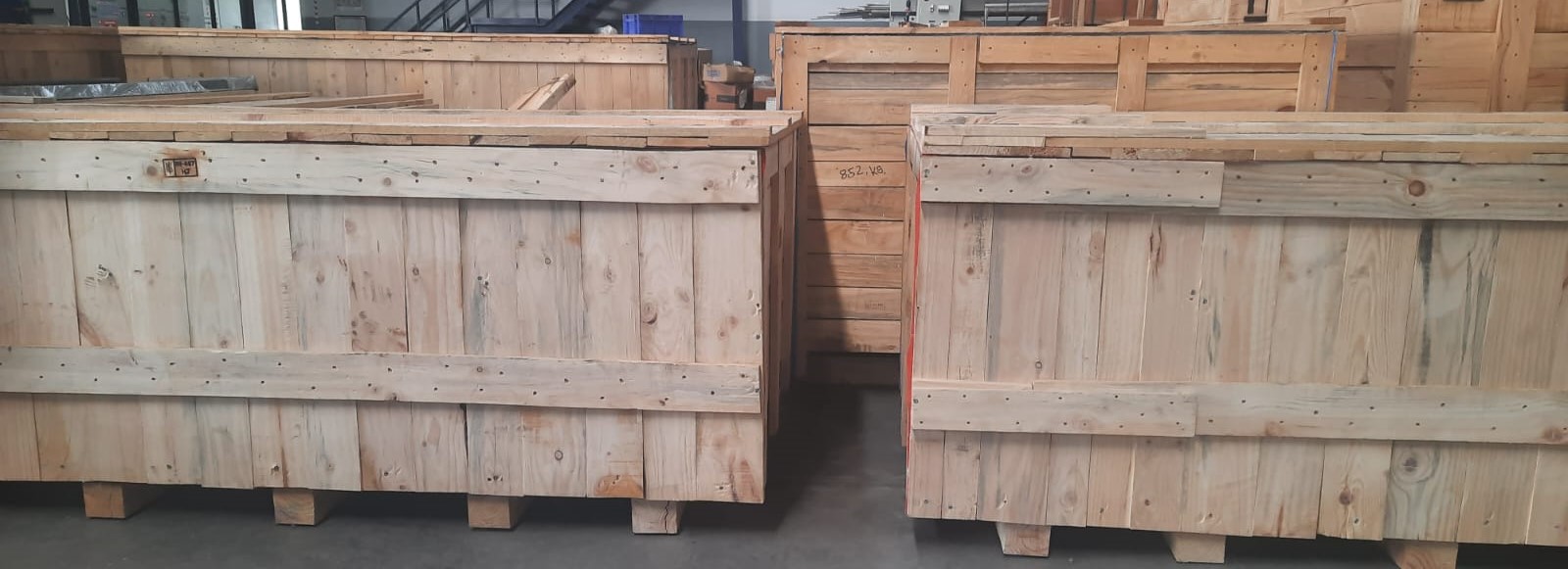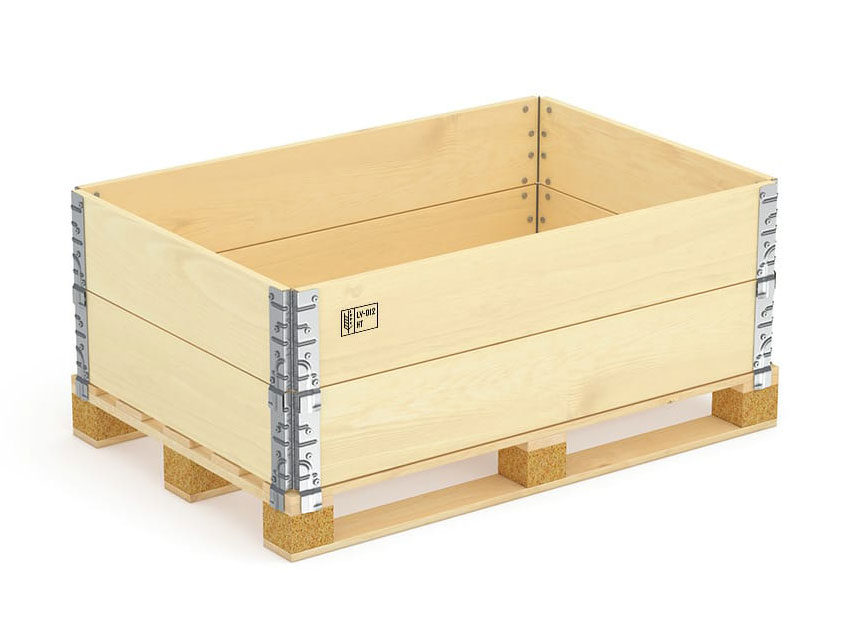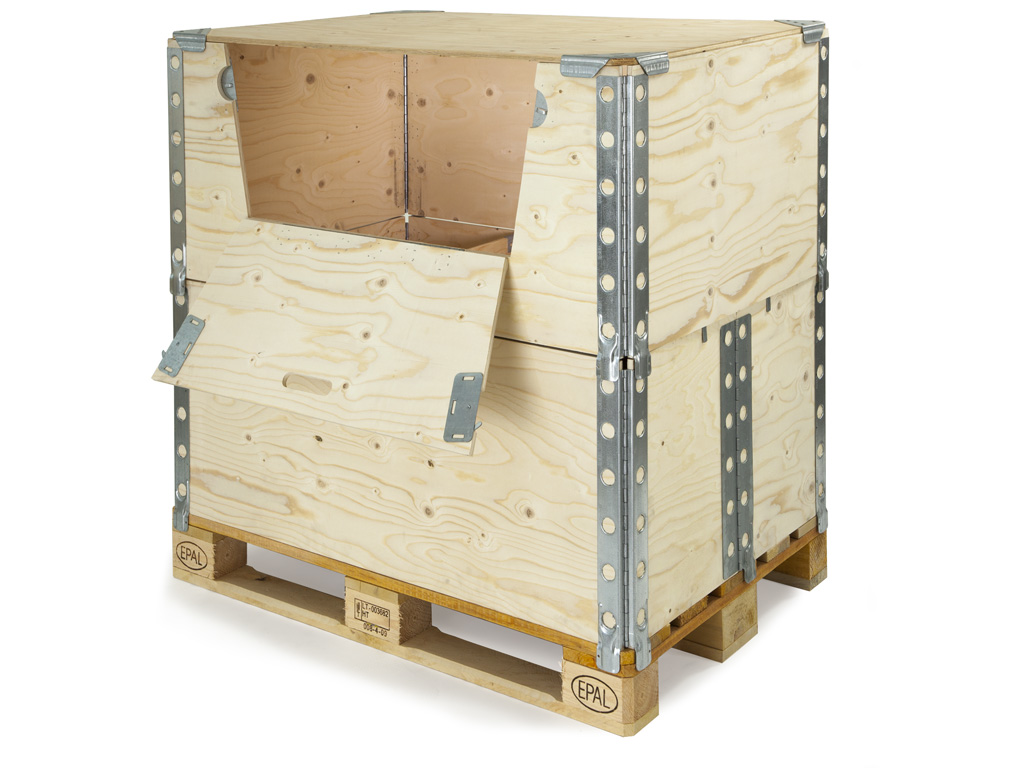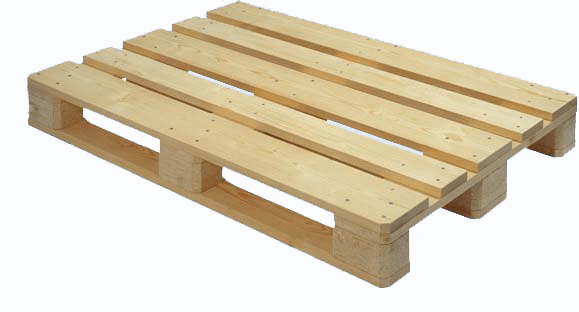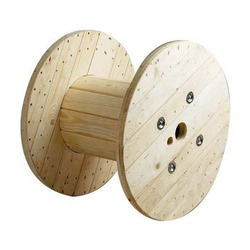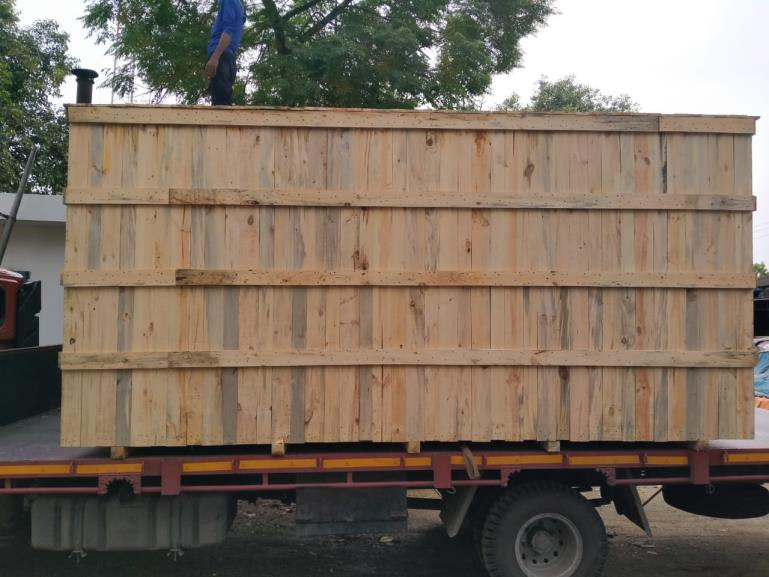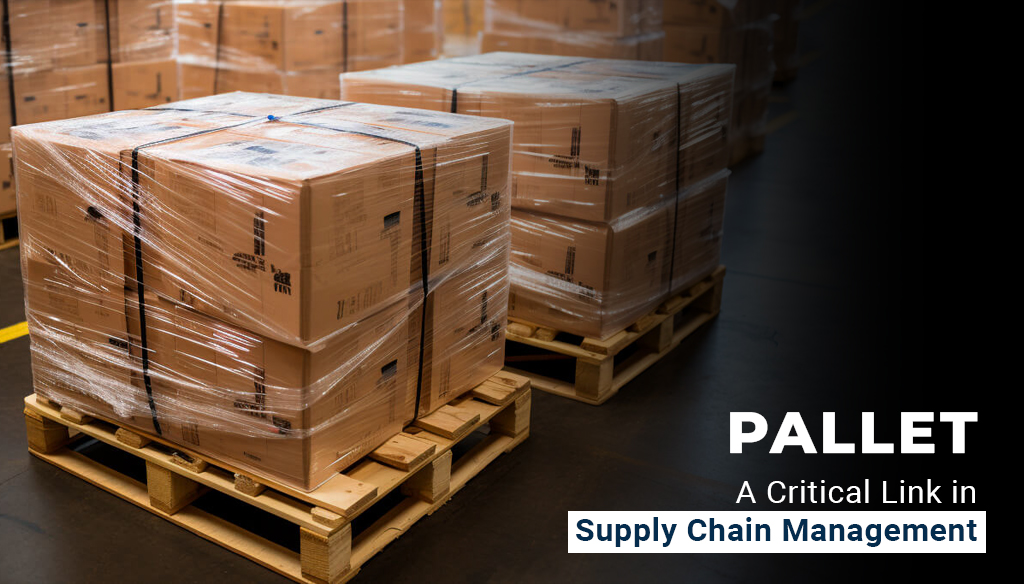
Pallet: A Critical Link in Supply Chain Management
Pallets are a common platform for handling, storing, and moving materials and are crucial link in Supply Chain Management (SCM). They are necessary for increasing Productivity, enhancing safety of men and material and optimized movement of material and optimizing resources within the logistics network as the backbone of supply chain.
Pallets are important because of several functions. Some of them are:-
Safe and Quick Material Handling
Pallets are excellent tool for forklifts, pallet jacks, hand trolleys and other equipment to handle materials in shop floor, warehouses and distribution centers securely and effectively. Pallets simplify loading, unloading, and transit.
Storage Optimization
Pallets can bear relatively high loads and are therefore suitable for multi stacking. This enhances productivity
Product Protection
Built using robust materials, pallets are not only used for moving goods but also serve as a protective barrier that protects the goods from damage while storing, transit, and handling.
Quick Transport
Pallets reduce the loading and unloading time as they ensure easy and quick loading of goods into trucks, ships, aircraft, or trains, thus promising smooth logistic operations.
Different Types of Pallets
Pallets are of various types and their uses vary from industry to industry and from product to product. However, some of the important kinds of pallets include EPAL-certified pallets, Euro Pallets, CP Pallets, GMA, Pallets, UK/US Pallets.
EPAL- Certified Pallets
To guarantee stipulated global pallet parameters, dependability, traceability, and international acceptance, the European Pallet Association (EPAL) has established several quality and safety requirements. Pallets with an EPAL certification are those that satisfy the requirements. To make sure they adhere to the established dimensions, structures, materials, and labeling criteria, these pallets go through stringent manufacturing, QC and processing parameters.
CP Pallets
The main purpose of chemical pallets is to satisfy the particular handling and storage requirements of the chemical industry and other specialized fields. These are particular pallets that are suitable for moving and storing a range of hazardous items, including chemicals and medications.
CP Pallets are made from premium materials that follow industry standards for handling hazardous products. When storing or moving chemicals or other fragile items, they help reduce the possibility of contamination, spills, and leaks.
Euro Pallets
The European Pallet Association (EPAL) recognize Euro pallets (EPAL 1), which adhere to all EPAL parameters and specifications. Typically, these pallets measure 800 x 1200 x 144 mm. Pallet jacks and forklifts may easily enter these pallets from any direction, thanks to their four-way entry design.
Although Euro pallets is similar to EPAL Pallets in appearance, they are not EPAL-certified; instead, certification is not required for Euro pallets for construction, they are resistant to rough handling, storage, and transit throughout the supply chain.
Pallet Collars
Pallet boxes or pallet containers are known as pallet collars. These wooden or plastic structure boxes are attached to the edges of pallets and form a container that can be used for transportation or storage. When not in use, pallet containers can be easily folded and kept one above the other to reduce the space.
Pallet Collars serve as a protective barrier for goods by shielding them from damage during transportation or storage. Also, they can increase the height of the storage space and maximize the available vertical storage capacity. Pallet containers are especially beneficial for warehouses and businesses with less storage space.
GMA Pallets
Grocery Manufacturers Association or United Nations Pallets are standard wood pallets used mainly in North America and the United States. Pallets must meet the dimensions and requirements defined by the Grocery Manufacturers Association (GMA) to be used with handling devices, racking systems, and warehouse trucks.
UK/US Pallets
UK/US Pallets are typically 1219.2 mm (48 inches) long and 1016 mm (40 inches) wide. Due to their uniformity, dependability, and compatibility, these pallets are widely used in North America and are an essential component of logistics and supply chain processes.
Conclusion
In summary, pallets are essential to supply chain management optimization because they provide a host of advantages that raise the effectiveness, dependability, and sustainability of logistics operations across the globe. Various kinds of pallets are essential depending on the demands and difficulties of a certain industry. Businesses need to select high-quality pallets that can optimize their supply chain performance. With the correct choice of pallets, businesses can grow, compete, and sustain in the field of logistics.

